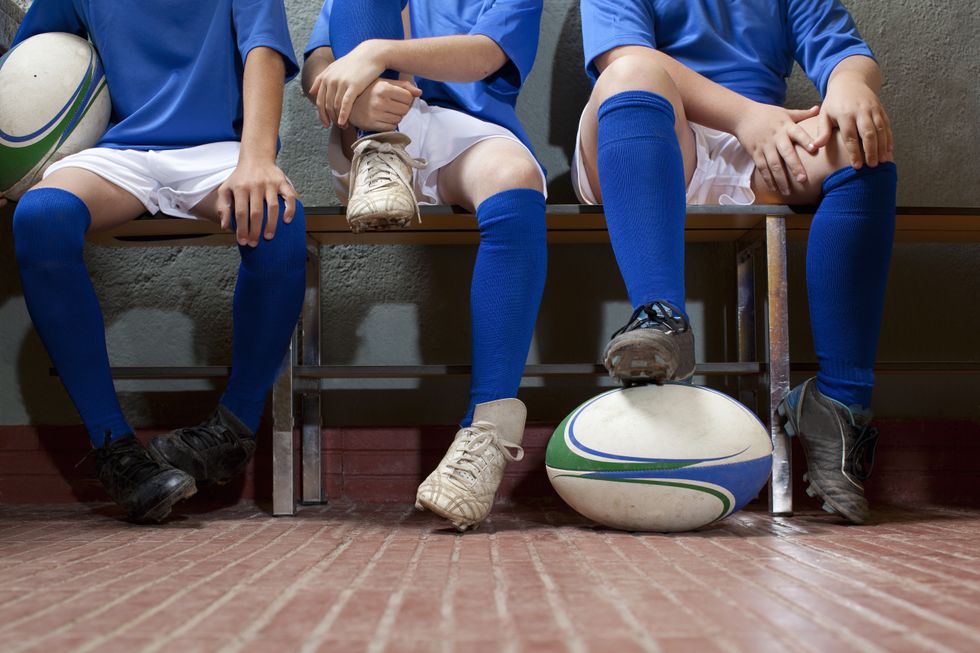Rugby has been branded a form of child abuse after new research suggested the sport, which carries a serious risk of injury, “should not intentionally harm their brains”.
According to the study, produced by academics from the Universities of Winchester, Nottingham Trent and Bournemouth, the risk of injury resulting from high-impact sports runs contrary to child abuse laws.
They claim that sporting organisations have “effectively groomed” both children and parents into accepting brain injuries caused by such sports.
Set to be published in Sports, Ethics & Philosophy: Journal of the British Philosophy of Sport Association, and seen in advance by the Times, the paper claims injuries from physical impact sports are comparable to injuries resulting from accidents.
Its conclusion, which applies to children only, suggests that “knocks to the head” can contribute to brain damage which can in turn lead to conditions such as dementia or Parkinson’s in later life.
“Sports for children should not intentionally harm their brains,” Eric Anderson, a professor of sport at the University of Winchester who led the study, told the Times.
“They should focus on fun, health and social development rather than conditioning them to play elite-level sport.
“These collisions cause cognitive harm and increase the risk of neurodegenerative diseases and dementia; they are therefore abusive to a child’s brain.

Rugby has been deemed ‘child abuse’ by a new study
Getty Images
“Cultural perception is that striking a child outside sport is abuse but striking a child in sport is somehow socially acceptable.
“We are trying to change that. It doesn’t matter what the social context is, the brain is damaged in both.”
The Rugby Football Union (RFU) claims playing the sport can provide physical and mental health benefits but makes clear that player welfare is a “top priority” for the organisation.

Academics accused sports organisations of ‘effectively grooming’ children
PA
A spokesperson for the RFU said: “Playing rugby provides significant physical and mental-health benefits along with life skills gained from playing a team sport which has strong values.
“Against a backdrop of decreased physical activity and a global obesity epidemic in children, we believe rugby has a role to play in keeping people active, healthy and engaged.”
Is Britain’s sport going woke as new report calls rugby ‘child abuse’ – VOTE NOW













Post comments (0)